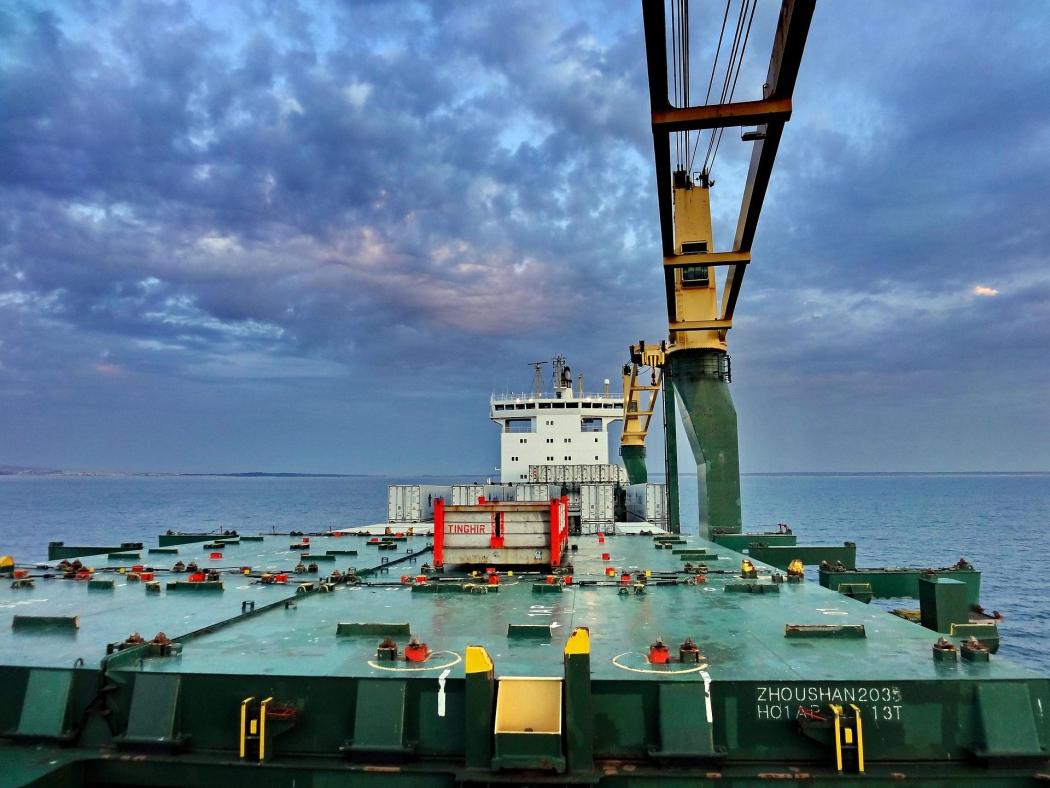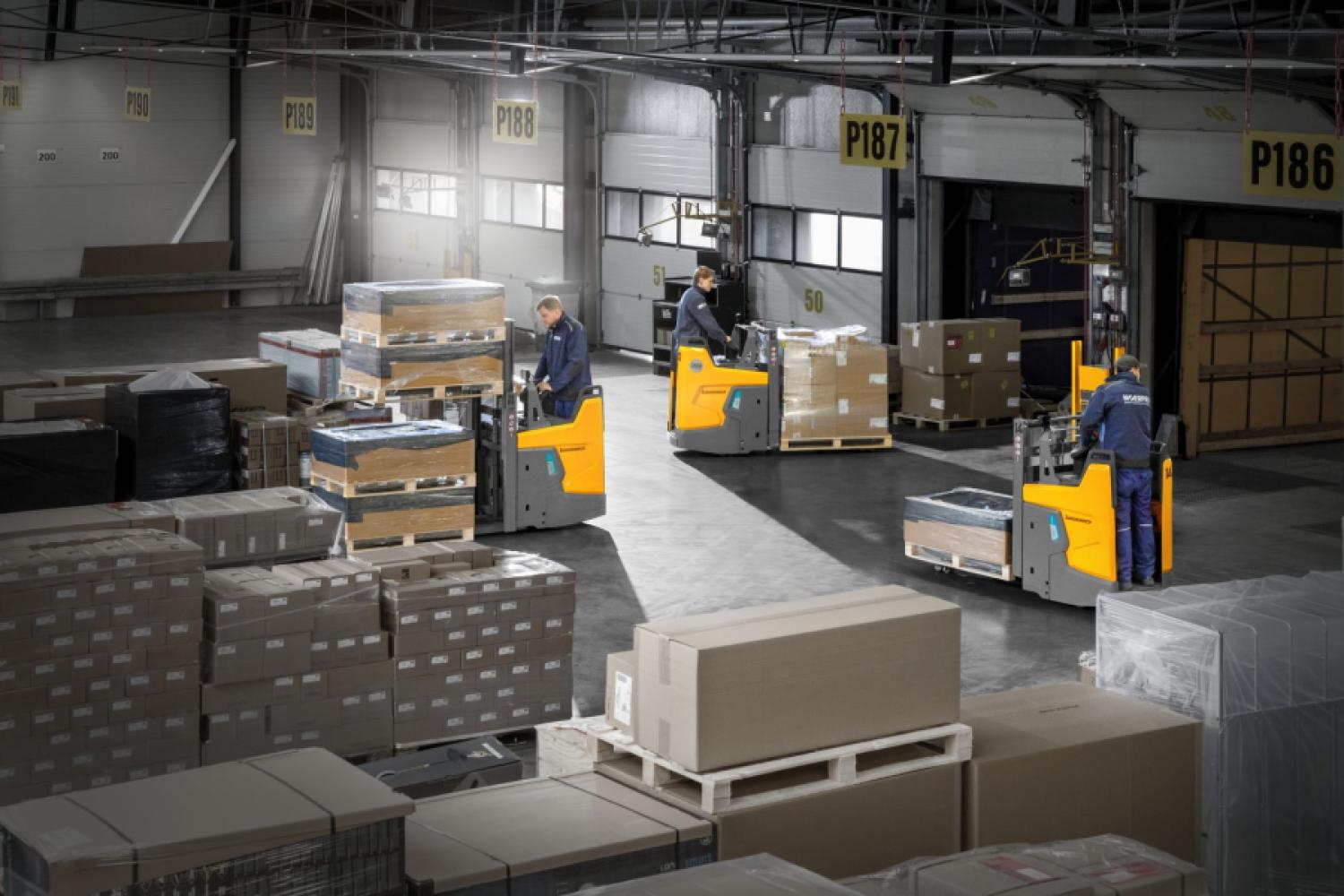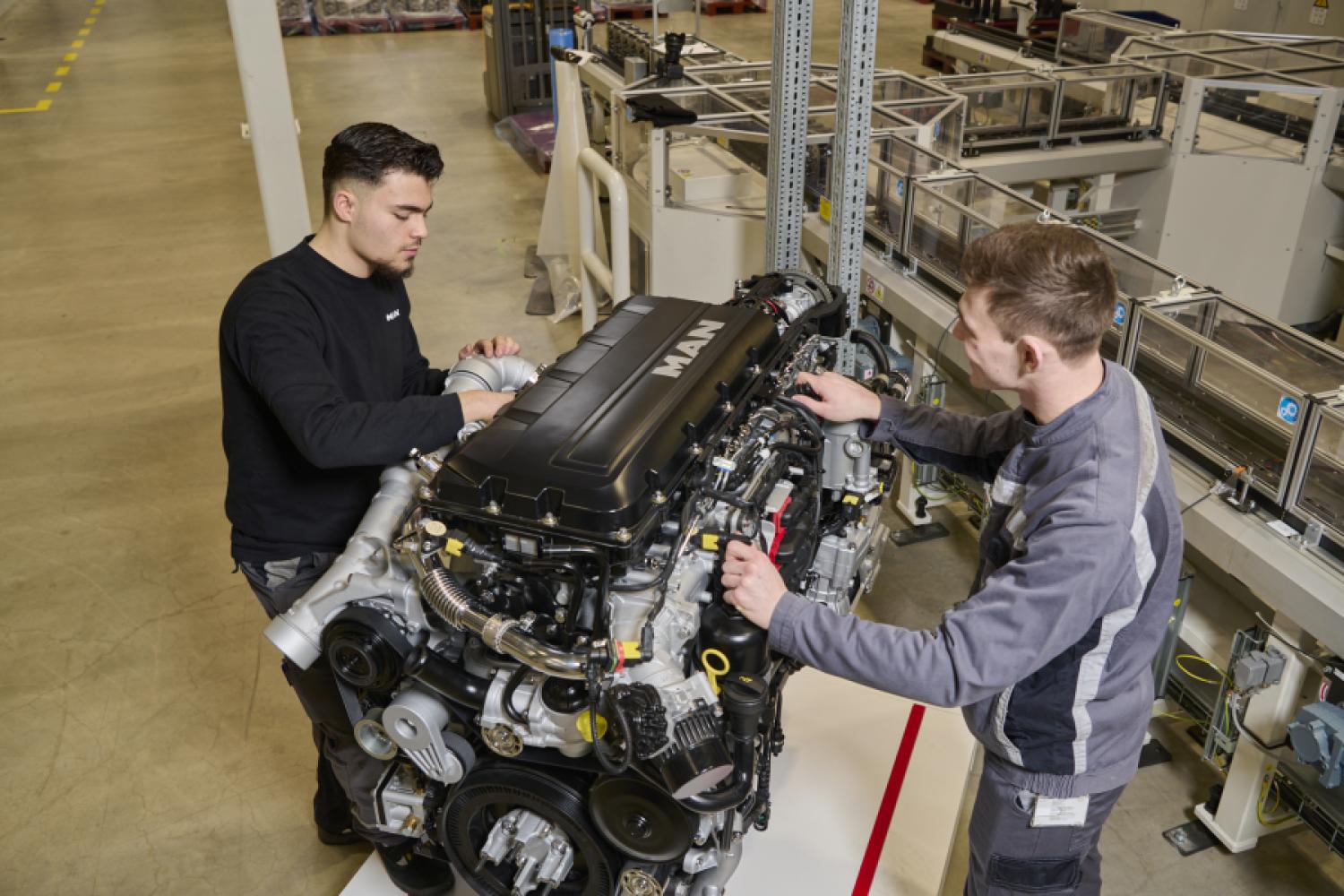Manual coordination, fragmented data, and limited real-time insights into ship arrivals - the platform Heyport is set to put an end to the complicated planning of terminal operations. The aim is to provide precise, up-to-date planning data - including satellite-supported ship tracking, weather and tide forecasts, and automatic schedule synchronization with more than 150 shipping lines.
Reducing Effort
The digital solution was launched at the five terminals of Marsa Maroc in the port of Casablanca. The seamless integration into the Terminal Operating System (TOS) of Marsa Maroc as well as into the local Port Community
System reduces manual effort and minimizes sources of error, according to the information provided.
Not only are the operational processes expected to improve, but also resource planning, such as the precise allocation of cranes and work groups - which in turn leads to shorter berthing times.
Furthermore, the platform enables cross-location real-time collaboration between terminals, port authorities, and external partners - even across multiple ports. Short-term changes can now be handled efficiently and flexibly.
“Our teams are now able to access reliable real-time data and conduct their planning with high precision. The platform helps us
to minimize berthing times, reduce emissions, and offer our customers even better service," said Amine Boulif, Head of Operations at Marsa Maroc Container Terminals Casablanca.
The implementation of the solution took twelve weeks from the start of the project to full live operation. The Hamburger Hafen und Logistik AG (HHLA) cites analyses from the Port of Hamburg and IMO studies, according to which CO₂ emissions can be reduced by up to 14 percent thanks to just-in-time arrivals.
This represents a significant contribution to more sustainable shipping. At the same time, manual communication effort has been
reduced by 90 percent. Per ship arrival, 180 minutes are now saved in planning and coordination, it is said.
Port Operator
Marsa Maroc operates a total of 24 terminals across ten ports in Morocco - including five in the port of Casablanca, with an annual turnover of over ten million tons. These include various types of goods:
- Two container terminals with ten container cranes, handling around 800,000 TEU annually
- A RoRo terminal with 100,000 vehicle movements per year
- A general cargo terminal for a variety of goods
- A mineral terminal, central to Morocco's export economy






